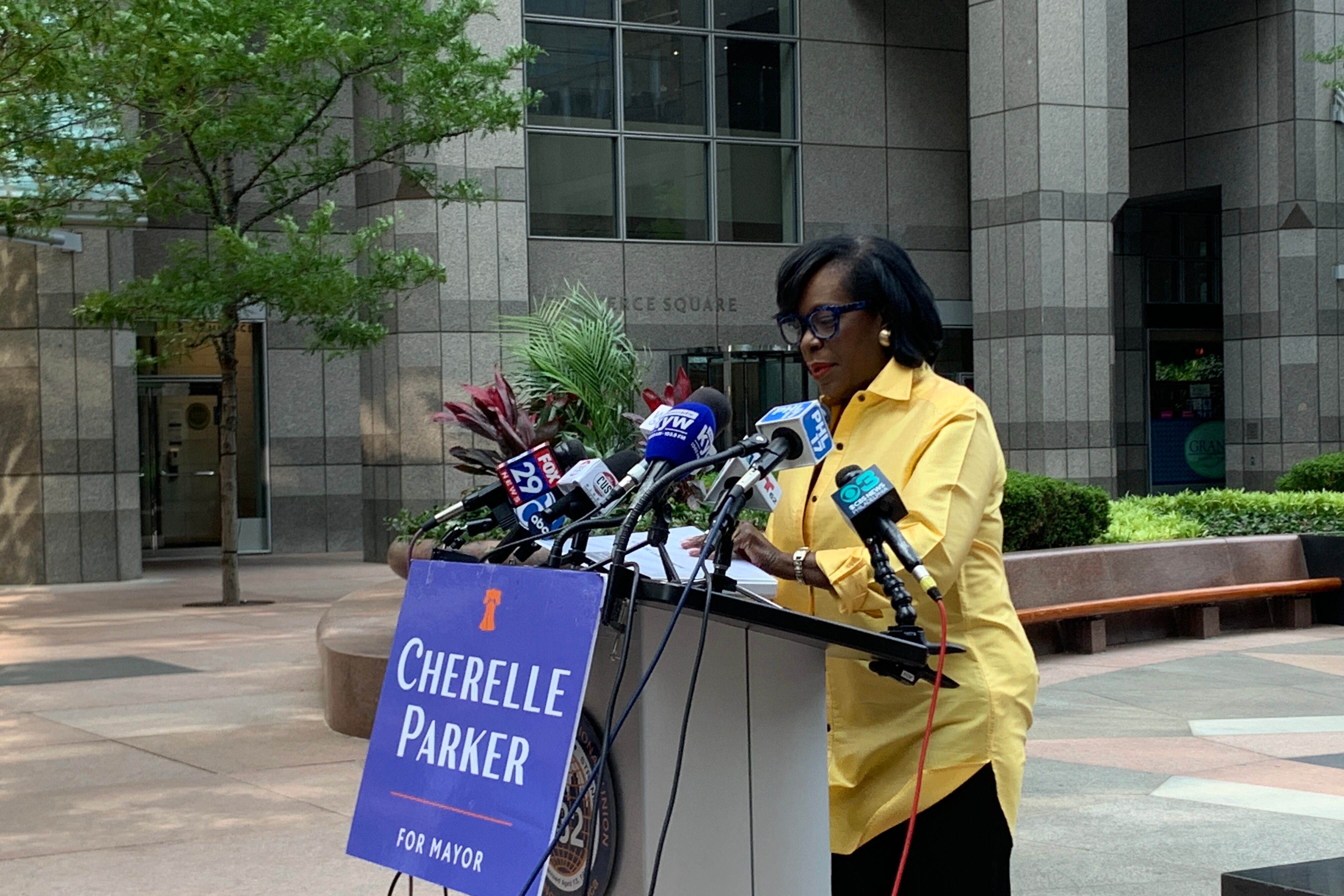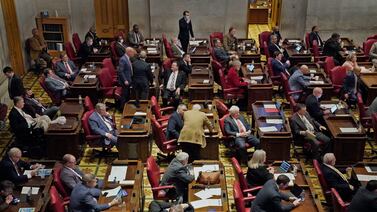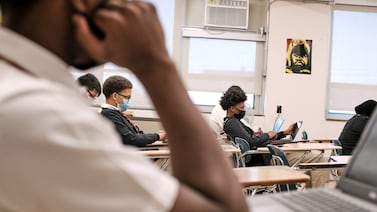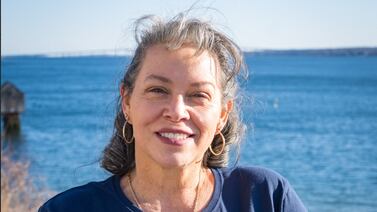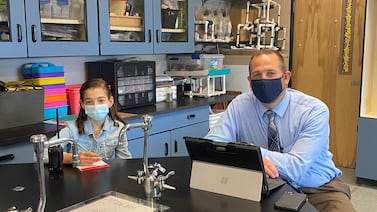Just three days before the Philadelphia Board of Education is scheduled to vote on a sweeping five-year plan for schools from Superintendent Tony Watlington, the public has virtually no idea what’s in it because the district hasn’t released it.
The plan will include a year-round school pilot program, the district confirmed last week, but officials have not released any additional details. A version of year-round school is Democratic mayoral nominee Cherelle Parker’s signature education proposal, but she has also failed to elaborate on what she has in mind.
The Philadelphia school district is grappling with systemic problems. A growing asbestos crisis is closing school buildings. Gun violence has claimed the lives of more than 25 students this school year. And test scores are stubbornly low. With all these problems plaguing the district, Watlington has repeatedly touted his strategic plan as a way to make progress on pressing issues.
The plan made headlines before Watlington even took over the district. Roughly a year ago, the board approved a $450,000 contract for a consulting firm to help him craft the plan. But as of late Monday, officials had not shared the plan, or even a basic summary of what it calls for, with the public.
Alexandra Coppadge, the district’s chief of communications and customer service, said in an email Monday that several people had already seen versions of the plan.
“Throughout the strategic planning process, the District continues to collaboratively engage with key stakeholder groups including: the Board of Education, elected officials, Union leadership, principals, Assistant Superintendents, and District office staff to vet and provide feedback on the research-based strategies,” Coppadge said.
Transparency concerns have been a major pain point for the district. School board members have admitted they’re struggling to engage with the communities they serve. At last month’s board meeting, members approved a $336,000 contract with a consulting group to improve the board’s communication with the public.
The public also isn’t getting answers from Parker about her plans for education.
At her first press conference Monday morning since winning the Democratic nomination, Parker sidestepped a question on what she meant by year-round schooling. She has not said whether she wants students in school for 200 or 210 days instead of Pennsylvania’s legally-mandated 180, or whether — like many districts that have a year-round schedule — she means that the district should shorten summer vacation and add three-week breaks throughout the school year.
Parker did say that in a conversation with Gov. Josh Shapiro before the press conference, “we talked about being innovative and creative with our schedules for education and how we deliver public education In the city.”
In one of the most affecting moments, she choked up when asked how she felt breaking the “glass ceiling” should she become the first female mayor in the history of the city. Parker is heavily favored to defeat Republican candidate David Oh in November.
She also said wants to “find a way to add value to motivate, inspire, and encourage a generation of girls to say, you know, ‘wow, no one can put me in the box. Right? You know, I really can be whatever … that makes me feel really good.’”
While she has talked about the importance of educational attainment, her most direct impact on schools would be through the mayor’s power to appoint all nine members of the Board of Education, who in turn hire the superintendent.
Parker hasn’t said whether or not she would keep the current board members or seek to appoint new ones who align with her educational vision. And while she talked about having “quality seats” for every child, she has not spoken directly about whether she would seek an expansion of charter schools, which now educate more than 60,000 students in the city.
Watlington’s strategic plan meanwhile, is in many ways his audition to prove to the new mayor that he has the district’s issues under control.
The school board has spent at least $1.6 million on consultants since Watlington took over the leadership of the district. The $450,000 contract approved last May by the school board — before Watlington was even sworn in — was used to hire Joseph and Associates, a Tennessee-based education consulting firm, to assist with his transition to the district and help develop his blueprint for leading Philadelphia schools.
It’s unclear how much of a role the consulting firm played in writing the plan. The firm did not immediately respond to requests for comment on Monday.
In addition to the $336,000 communications contract, the board last month also approved $881,500 in spending with a group called K12 Insight to improve the district’s “customer service.”
Dale Mezzacappa is a senior writer for Chalkbeat Philadelphia, where she covers K-12 schools and early childhood education in Philadelphia. Contact Dale at dmezzacappa@chalkbeat.org.
Carly Sitrin is the bureau chief for Chalkbeat Philadelphia. Contact Carly at csitrin@chalkbeat.org.


